In today’s fast-paced business world, the concept of ethics often gets overshadowed by profit margins and competition. Yet, understanding business ethics is crucial for building a sustainable and trustworthy company. When I think about business ethics free, I envision a landscape where organizations can thrive without compromising their values or integrity.
Exploring this topic reveals how ethical practices can enhance brand reputation and foster customer loyalty. It’s not just about avoiding legal pitfalls; it’s about creating a culture where ethical decision-making is at the forefront. Join me as I delve into the importance of maintaining ethical standards in business and how it can lead to long-term success without sacrificing one’s moral compass.
Key Takeaways
- Understanding Business Ethics: Recognizing the significance of ethics is essential for building sustainable and trustworthy organizations. Prioritizing ethical practices enhances brand reputation and fosters customer loyalty.
- Dangers of Business Ethics Free Environments: Operating without ethical considerations can lead to short-term profit gains but results in long-term risks, including damaged reputation, loss of customer trust, and potential legal ramifications.
- Importance of Ethical Decision-Making: Implementing structured frameworks for ethical decision-making helps organizations navigate dilemmas, align actions with values, and promote a culture of integrity among employees.
- Impact on Stakeholders: High ethical standards build trust and loyalty among all stakeholders, from customers to employees. Ethical companies often experience greater brand loyalty and overall engagement.
- Core Principles of Ethics: Key principles such as transparency, accountability, and fairness are vital for maintaining ethical standards, which in turn fosters a positive corporate culture.
- Challenges Faced: Organizations may encounter ethical dilemmas and cultural variations that challenge the implementation of ethical practices, highlighting the need for continuous assessment and commitment to ethics in a competitive environment.
Business Ethics Free
Business ethics free refers to the absence of ethical considerations in business operations. This environment can lead to questionable practices, where profit often takes precedence over principles. Organizations may prioritize financial gain over moral standards, risking damage to reputation and trustworthiness.
Implementing codes of conduct and ethical guidelines ensures ethical behavior within companies. Companies that operate in a business ethics free environment may experience short-term benefits, like increased profits, but often face long-term consequences. Stakeholders may react negatively, leading to diminished customer loyalty and, ultimately, financial losses.
Organizations embracing ethical practices cultivate transparency, accountability, and trust. Ethical decision-making fosters stronger relationships with clients and partners. In contrast, a business ethics free approach can result in legal ramifications, loss of customers, and decreased employee morale. The focus on sustainable practices enhances brand reputation and secures competitive advantages.
Business ethics free environments present risks and challenges that can hinder long-term success and tarnish a company’s image. Prioritizing ethical standards leads to more sustainable and responsible business practices.
Importance of Business Ethics
Business ethics play a crucial role in establishing a foundation for trust and reliability in the corporate world. Understanding the importance of ethical practices can shape an organization’s culture and success.
Ethical Decision-Making
Ethical decision-making embodies the process of assessing actions based on moral principles. Implementing structured frameworks enhances clarity in choices involving ethical dilemmas. Organizations often adopt methodologies such as the utilitarian approach, which evaluates actions based on overall happiness, or the rights-based approach, focusing on individual rights and justice. These frameworks help leaders resolve conflicts and make decisions that align with the company’s values and ethics. Regular training sessions on ethical practices encourage a culture where employees feel empowered to make decisions that support the organization’s integrity.
Impact on Stakeholders
The impact of business ethics on stakeholders is significant. Maintaining high ethical standards cultivates trust and loyalty among customers, employees, investors, and suppliers. Ethical practices reduce the likelihood of scandals and legal disputes, protecting the organization’s reputation. Positive stakeholder relationships often lead to increased brand loyalty and advocacy, enhancing customer retention rates. Additionally, stakeholders appreciate transparency and accountability, which fosters greater engagement and participation in the company’s vision. By prioritizing ethics, organizations not only secure the support of their stakeholders but also contribute to sustainable business practices that drive long-term growth.
Key Principles of Business Ethics Free
In a “”business ethics free”” environment, core principles that typically guide ethical practices often become obsolete. However, recognizing key principles can help understand the implications of neglecting ethics in business.
Transparency
Transparency fosters openness and clarity in business operations. Companies that prioritize transparency communicate honestly with stakeholders about their practices and decisions. Clear communication reduces misunderstandings and builds trust with customers, employees, and investors. For example, organizations that provide accessible financial reports promote an environment where stakeholders can verify information, thus encouraging ethical behavior.
Accountability
Accountability ensures that individuals within an organization are responsible for their actions. Establishing systems where employees at all levels acknowledge their decisions encourages a culture of integrity. When leaders demonstrate accountability, it inspires others to remain committed to ethical standards. Organizations without accountability often witness unethical practices flourish, leading to reputational damage and loss of trust.
Fairness
Fairness prioritizes equitable treatment of all stakeholders. Ethical businesses strive to create an atmosphere where everyone, including employees, customers, and suppliers, is treated justly and without discrimination. Implementing fair practices can enhance employee morale and customer loyalty, while a lack of fairness can result in conflicts and dissatisfaction. Businesses that uphold fairness contribute to a positive corporate culture, fostering collaboration and loyalty among stakeholders.
Challenges in Implementing Business Ethics Free
Implementing a “”business ethics free”” approach poses significant challenges, primarily characterized by a conflict between profitability and ethical considerations. Organizations often face various obstacles when endeavoring to detach from ethical practices.
Ethical Dilemmas
Ethical dilemmas arise when faced with decisions that compromise moral principles for financial gain. Leaders often find themselves in scenarios where the pressure to maximize profits clashes with the values of honesty, integrity, and fairness. This situation may lead to actions like misrepresentation of financial data or exploitation of labor, creating long-term risks. For instance, a company might underreport environmental damage to avoid costs, ultimately facing lawsuits that outweigh short-term savings.
Cultural Variations
Cultural variations further complicate the landscape of business ethics. Different regions and industries possess distinct attitudes toward ethics, influencing how organizations operate. In some cultures, profit-centric models prevail over ethical norms, fostering environments where unethical practices become normalized. For example, in a highly competitive market, certain companies may prioritize aggressive marketing tactics over truthful advertising, thereby alienating ethically-minded consumers. Continuous assessment of these cultural differences is crucial for maintaining ethical standards in a globalized business landscape.
Business Ethics
Prioritizing business ethics is more than just a strategy; it’s a commitment to integrity and trust. By embedding ethical practices into the core of an organization, I’ve seen firsthand how it not only enhances brand reputation but also fosters loyalty among customers and employees alike.
Neglecting these principles can lead to detrimental consequences that affect not just profits but the very essence of a company’s culture. Embracing ethics is essential for sustainable growth and long-term success. It’s clear that a strong ethical foundation is crucial for navigating today’s complex business landscape, ensuring that I build a company that stands the test of time.



![[author] business ethics for managers and leaders course](https://westbrightlaw.com/wp-content/uploads/2024/11/43692c61-2758-4ecf-870e-67b6beea24b5_y91iE6L8oWa_1dxBEeN2l-1024x585.jpeg)